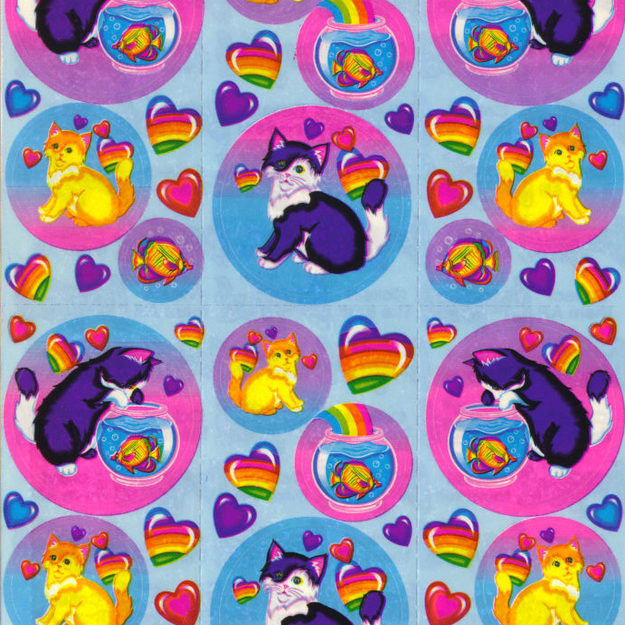
As a rookie HR girl, I thought it was my responsibility to change the world and make everybody feel good about work. No tragedy was too big and no task was too troublesome to save me from my passion for getting involved in other people’s lives.
Unfortunately, other people’s lives are messy.
While working at a candy factory on the north side of St. Louis, I made a grand observation that everybody seemed depressed and anxious. I wasn’t far off. We hired workers from economically depressed areas in the region, including people from Ferguson. We had quite a few meth addicts at the factory. And we also hired refugees fleeing genocide in Bosnia.
My big plan was to practice the Fish! Book before the book was even in existence. I would have fun, smile, and try to make everybody’s day. One of my ideas was to put stickers on the factory workers’ timecards and write them notes of encouragement at the beginning of the week.
You matter!
Keep up the good work!
I like watching Melrose Place, too!
My boss pulled me aside, one Monday afternoon, and didn’t look happy. I asked, “Is everything okay? Am I in trouble?”
She said, “I need to give you some feedback. It’s a gift.”
Turns out, a group of factory workers had been planning to kick my ass before a more seasoned employee intervened and spoke to my boss. I was too smiley, which was honest and accurate feedback. One of them thought I was making a move on her boyfriend. That wasn’t correct, but I could see her point.
So, yeah, her feedback was a gift. But my boss wouldn’t say that I was in trouble — she just kept telling me that it was best if I don’t deface timecards because they are, technically, company documents that might need to be used in legal proceedings.
I asked, “Am I going to get fired because of this?”
She sighed deeply and said, “No stickers. No notes. Got it?”
Believe me, I got it. Nobody wants a beatdown in a candy factory parking lot over stickers.
I also understood that the word “feedback” had a lot of meanings. Feedback can be constructive, or it can be the equivalent of a cease-and-desist letter. So, before you use the word “feedback” at work, pause for two seconds and check this quick and dirty guide to help you figure out what you’re about to communicate.
Positive feedback: probably praise
Neutral feedback: information that can be relayed in the “stop/start/continue” format
Negative feedback: a command
Instead of beginning a sentence by telling someone that you have feedback, which is often an emotional buffer, just get down to brass tacks. Say what you mean to say. Organize your thoughts, anticipate the recipient’s reaction, and be concise. Then be ready to answer questions or offer real-time suggestions on how a situation.
Don’t tell me you have feedback for me. Say what you want to say and move forward.
It’s just too bad we can’t move forward with stickers!
I can’t believe candy workers don’t like stickers. Who doesn’t like stickers?!
I received the following “feedback” (probably “neutral?” or perhaps “negative?”) at my job out of grad school. It was this:
“Be less funny.”
I took it to heart, but I think it also ripped away a bit of motivation in my life to enjoy work. I like being funny (sometimes, I’m even actually funny!). But the feedback made sense in context and was delivered with honesty and a desire to see me succeed.
So, yes. You’re spot on. And I agree: the world needs more stickers. And more funny.
I hope they were Lisa Frank stickers!
If you haven’t already, you should check out the book Radical Candor by Kim Scott. It covers similar concepts.